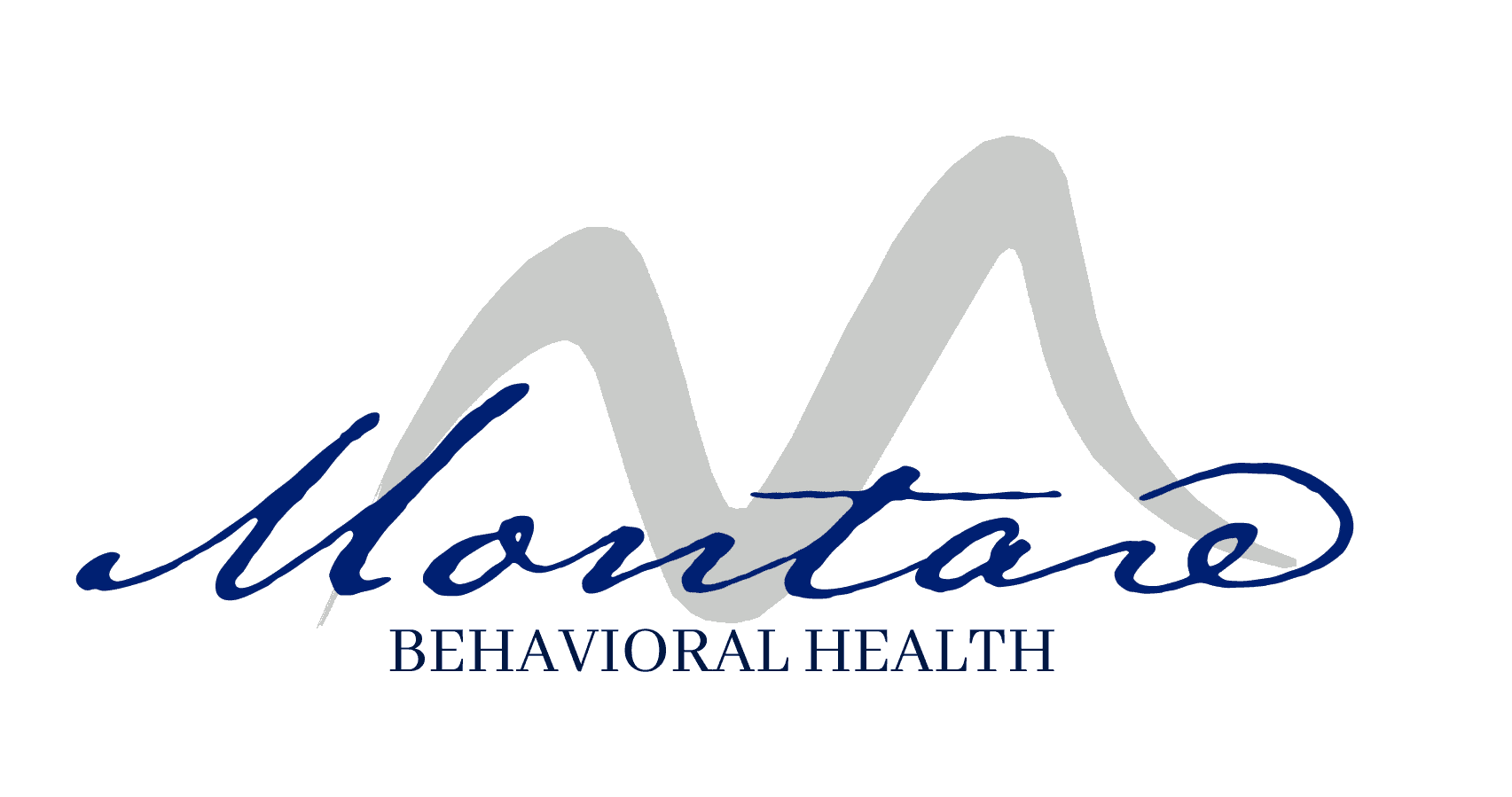When someone has symptoms of bipolar disorder, they experience uncontrollable mood swings that can last from a few days to several weeks. For example, a person can go from feeling euphoric and unstoppable to a downward spiral of depression without being able to control their emotions. Without professional treatment, the person will feel helpless and often alienate those around them who do not understand they have a mental health disorder.
Montare Behavioral Health in Tucson treats people who have bipolar disorder at our residential treatment center. Additionally, we provide highly effective types of therapy designed to teach people to manage their signs of bipolar disorder. With help from our skilled therapy staff, life becomes more manageable.
What is Bipolar Disorder?
In short, bipolar disorder is a type of mental health disorder that affects a person’s mood. It used to be called manic depression, and living with it can cause emotional ups and downs the individual cannot control. Typically, a person who is in a depressive cycle feels lost, hopeless, and sad. Someone deep in a manic or hypomanic cycle will experience euphoria and a feeling of invincibility. The symptoms of bipolar disorder often frustrate and confuse the person who has them, along with those who spend time around them. Without treatment from a professional mental health program, the symptoms can increase.
Types of Bipolar Disorder
There are four types of bipolar disorder, and each causes its own types of symptoms. The types of bipolar disorder are:
Bipolar Disorder 1: This is the most common type of bipolar disorder. The individual has manic episodes for seven days or more. Additionally, they also have depressive episodes that last for two weeks or more.
Bipolar II Disorder: With this type of bipolar disorder, the person has both manic and depressive episodes, but the manic ones are less intensive. The individual usually experiences more depressive feelings than manic ones.
Cyclothymic Disorder: The difference between this and the first two types of bipolar disorder is that neither type of episode is as severe. Because the depressive and manic episodes are weaker, the person may not realize they have bipolar disorder.
Other Specified Bipolar and Related Disorder: This category fits people who do not strictly have signs of bipolar disorder associated with just one type of the illness.
Understanding Mood Episodes
Too often, a person showing symptoms of bipolar disorder does not understand they have a diagnosable mental health disorder. Moreover, the moods they experience cannot be controlled without professional treatment. This means a person may feel manic and elated without understanding this is attributable to their illness. They may also feel like they have depression without understanding it’s just one of the phases of bipolar disorder.
Signs and Symptoms of Bipolar Disorder
It’s important to understand the symptoms of bipolar disorder because it helps a person describe their emotional upheaval so a proper diagnosis can be made. The symptoms vary depending on which type of bipolar disorder a person has.
Signs and Symptoms of Manic Episodes
Manic episodes cause a person to have increased energy, become more active, and feel easily agitated. The individual also talks quickly, has racing thoughts, and goes for long periods without sleep.
Signs and Symptoms of Hypomanic Episodes
Signs include hyperactivity, feeling easily distracted and invincible, and going without sleep for a long time.
Signs and Symptoms of Depressive Episodes
Depressive episodes include uncontrollable feelings of depression and hopelessness, sleeping too much, cognitive difficulties, and suicidal feelings.
Recognizing Symptoms in Daily Life
It’s important not to dismiss symptoms of bipolar disorder as just a temporary mood that will disappear soon. The depressive symptoms are more than just a case of the blues, and manic episodes are more than just being hyped up and happy. A person wondering if they have bipolar disorder should take notice of their exact moods and how long they last. This will help them when consulting with a doctor or mental health counselor to determine their diagnosis.
Is There Treatment for Bipolar Disorder?
Depending on the severity of ones bipolar disorder, they may need residential treatment for a more in-depth and focused program that can help individuals cope with the various symptoms and underlying issues that may increase the severity of this disorder.
Fortunately, bipolar disorder responds well to certain kinds of therapy. Cognitive Behavioral Therapy teaches people to be aware of the specifics of their feelings, thoughts, and behaviors and how they are interconnected. This allows them to alter them into more positive ones.
Eye Movement Desensitization and Reprocessing Therapy can also prove helpful. The individual uses directed eye movements or reacts to tapping noises or gestures made by the therapist. Engaging in Interpersonal and Social Rhythm Therapy shows a person the importance of establishing daily tasks and time schedules to help reduce their symptoms.
Finally, prescription medications help minimize many signs of bipolar disorder.
Contact Montare Tucson to Treat Bipolar Disorder
Montare Behavioral Health of Tucson has years of experience treating the symptoms of bipolar disorder. We provide a comfortable and nurturing environment in our residential facility that feels like a home away from home. While staying with us, the individual participates in several types of therapy to help them come to terms with their illness and develop control over some of the symptoms. We help people feel empowered when it comes to improving their mental health.
Contact us today to find out more information about our program. Let us teach you how to minimize the signs of bipolar disorder and make your life more peaceful.
Published: 11/21/2024


